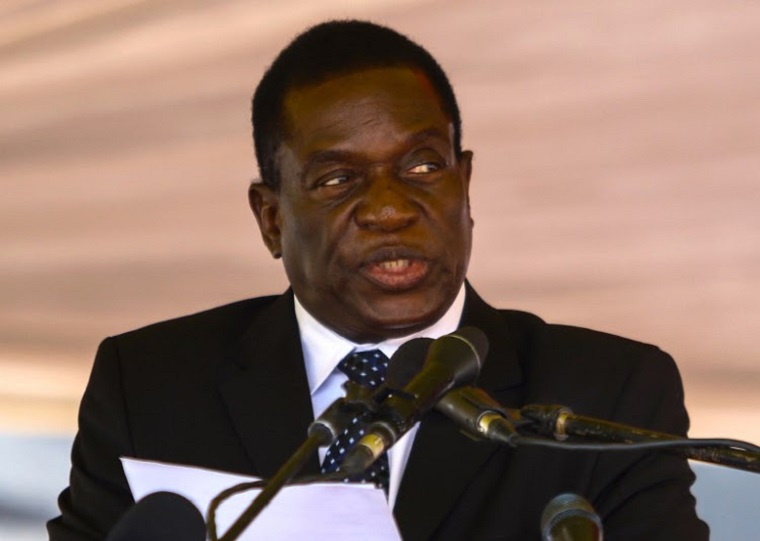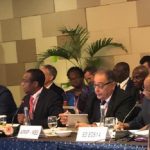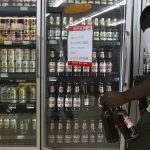 President Emmerson Mnangagwa today said his administration in going ahead with “painful but necessary reforms” to position the economy on a strong footing.
President Emmerson Mnangagwa today said his administration in going ahead with “painful but necessary reforms” to position the economy on a strong footing.
In a statement that seemed to be backing his Finance Minister Mthuli Ncube who unveiled his transitional stabilisation programme last week, Mnangagwa said: “Further to my address on the need to accelerate economic reforms that are necessary to stimulate the economy, I have found it necessary to restate Government’s strong commitment to reducing fiscal imbalances which are the root cause of the many challenges the economy faces.
“The challenges include cash shortages and the proliferation of foreign exchange parallel market rates which have a negative effect on prices.
“These challenges require that government position the economy on a strong footing by implementing painful but necessary reforms that include cutting on government expenditure, increasing efficiency on government delivery systems and fast tracking reforms of State Owned Enterprises, among a host of other measures.”
Mnangagwa said these reforms should be accompanied by a strong and sustainable currency reform system which will follow after the execution of the above reforms.
“This is necessary to ensure that any currency reform programme that the Government puts in place is effective, and causes minimum disruption to business,” he said.
“Accordingly, and in view of the need for an orderly currency reform programme that will be followed when the economic fundamentals are right to do, Government shall continue with the multi-currency system which it put in place in 2009.
“This system entails that foreign exchange earners are not prejudiced of their regulatory foreign exchange receipts, and that those who do not earn foreign exchange but produce for the domestic market access foreign exchange through the banking system as per the current policy on foreign exchange management system.”
Mnangagwa reiterated that Zimbabwe will continued to use the multi-currency system of exchange for foreseeable future.
Ncube said the country will only look at introducing a local currency when it has enough foreign currency to meet exports for six months, double the accepted three months.
(301 VIEWS)


